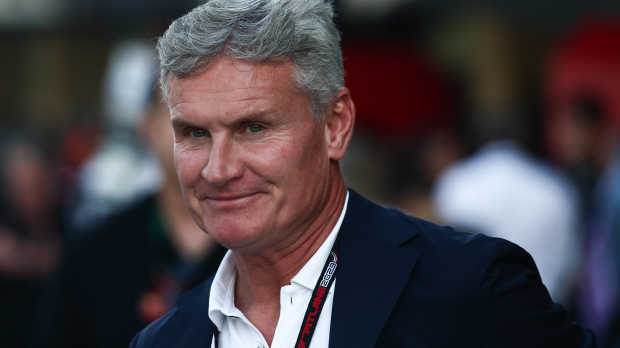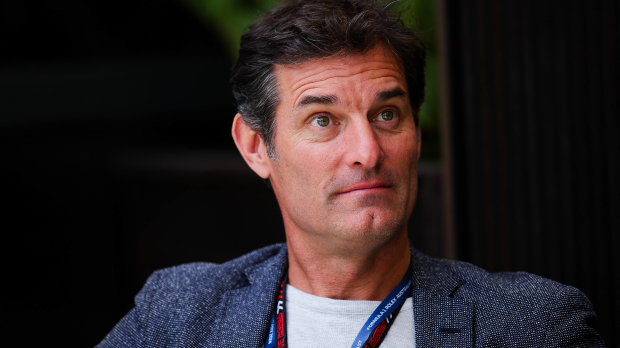
Latest News

F1 2026
F1 2026: Dates, times and how to watch every team launch
- 2 hours ago

F1 Analysis
Why £1 million won't get you to F1
- Today 13:42

F1 Analysis
F1 has a huge reliability problem here's how to fix it
- Today 12:56

Motorsport News
Motorsport legend dies with his family in tragic plane crash
- Today 11:43

F1 News Today
F1 News Today: Christian Horner return 'talks' begin as Max Verstappen 'secret' plan revealed
- Today 11:19

Max Verstappen
Kelly Piquet dismissed Max Verstappen driver change
- Today 10:57
Most read

50.000+ views
Max Verstappen Abu Dhabi penalty haunts F1 title dreams
- 7 december

30.000+ views
Lewis Hamilton private chat confirms retirement decision
- 13 december

30.000+ views
F1 Qualifying Results: Abu Dhabi Grand Prix times and grid positions
- 6 december

30.000+ views
Who is Adam Norris? Lando's father who became a millionaire from pensions
- 7 december

30.000+ views
Max Verstappen will leave Red Bull as part of exodus
- 12 december

30.000+ views
F1 News Today: Christian Horner plan materialises as Aston Martin announce F1 swap for Abu Dhabi GP
- 4 december






























 Grand Prix of Australia 2025
Grand Prix of Australia 2025  Grand Prix of China 2025
Grand Prix of China 2025  Grand Prix of Japan 2025
Grand Prix of Japan 2025  Grand Prix of Bahrain 2025
Grand Prix of Bahrain 2025  Saudi Arabian Grand Prix 2025
Saudi Arabian Grand Prix 2025  Grand Prix De Monaco 2025
Grand Prix De Monaco 2025  Gran Premio de Barcelona-Catalunya 2025
Gran Premio de Barcelona-Catalunya 2025  Grand Prix du Canada 2025
Grand Prix du Canada 2025  Grand Prix of Austria 2025
Grand Prix of Austria 2025  Grand Prix of Belgium 2025
Grand Prix of Belgium 2025  Grand Prix of Hungary 2025
Grand Prix of Hungary 2025  Grand Prix of Azerbaijan 2025
Grand Prix of Azerbaijan 2025  Grand Prix of Singapore 2025
Grand Prix of Singapore 2025  Gran Premio de la Ciudad de Mexico 2025
Gran Premio de la Ciudad de Mexico 2025  Grande Prêmio de São Paulo 2025
Grande Prêmio de São Paulo 2025  Qatar Grand Prix 2025
Qatar Grand Prix 2025  Grand Prix of Abu Dhabi 2025
Grand Prix of Abu Dhabi 2025 